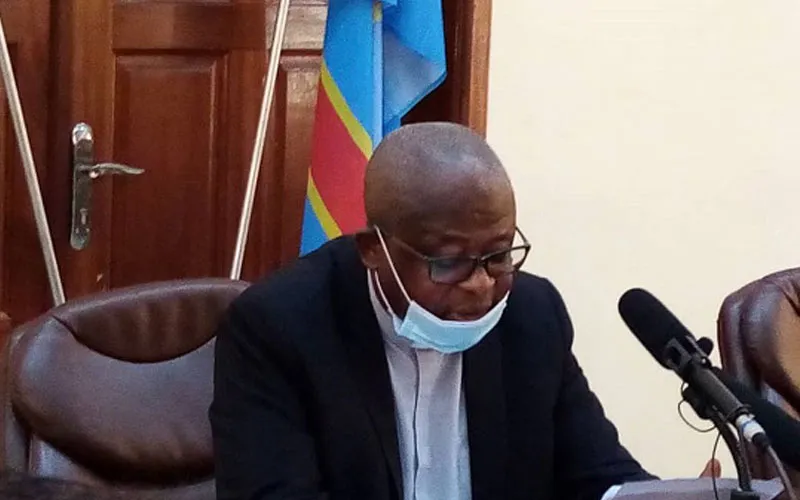“Unfortunately, this situation has been politicized to the point that a certain opinion accused the Catholic Church of working against the decision of the Head of State,” CENCO members say in reference to the challenges encountered in the process of implementing the program.
In their January 13 statement, the Catholic Bishops in DRC say they have taken stock of the implementation of the free basic education in Catholic schools “in order to usefully advise the President of the Republic and accompany the government in the success of this policy which we encourage.”
“The implementation of the constitutional provision of free education in the current context faces some difficulties that need to be taken into account in the search for an effective solution,” they say.
They go on to highlight overcrowding in classrooms, the dilapidation of school infrastructure, lack of printed materials such as textbooks, demotivation of teachers who are dissatisfied with their salaries, and non-compliance with the programme due to the absence of teachers as some of the challenges the initiative seems to be facing.
In some schools, parents have been forced to pay teachers, an act that contravenes the free education policy, CENCO members further say.
As a way forward, the Bishops urge the government to “review teachers' pay to take account of the cost of living: housing and transport in urban areas, and bush allowances for teachers in rural areas, in accordance with the Public Service Careers Statute.”
To achieve this, CENCO members say, President Félix Tshisekedi-led government should seek alternative sources of financing for the free education program.
Even with the free education initiative, in cases where payment of fees in view of supporting teachers is acceptable, especially in city schools, the resources should be “managed humanely considering the conditions of these teachers.”
In their collective statement, CENCO members also advocate for the setting up of “consultation framework involving managers to evaluate and improve, as far as possible, decision-making in relation to free education.”
“There is only one effective solution to save free education, namely, the proper assumption of responsibility for teachers and schools by the public treasury as promised,” Catholic Bishops in DRC in their January 13 statement.








